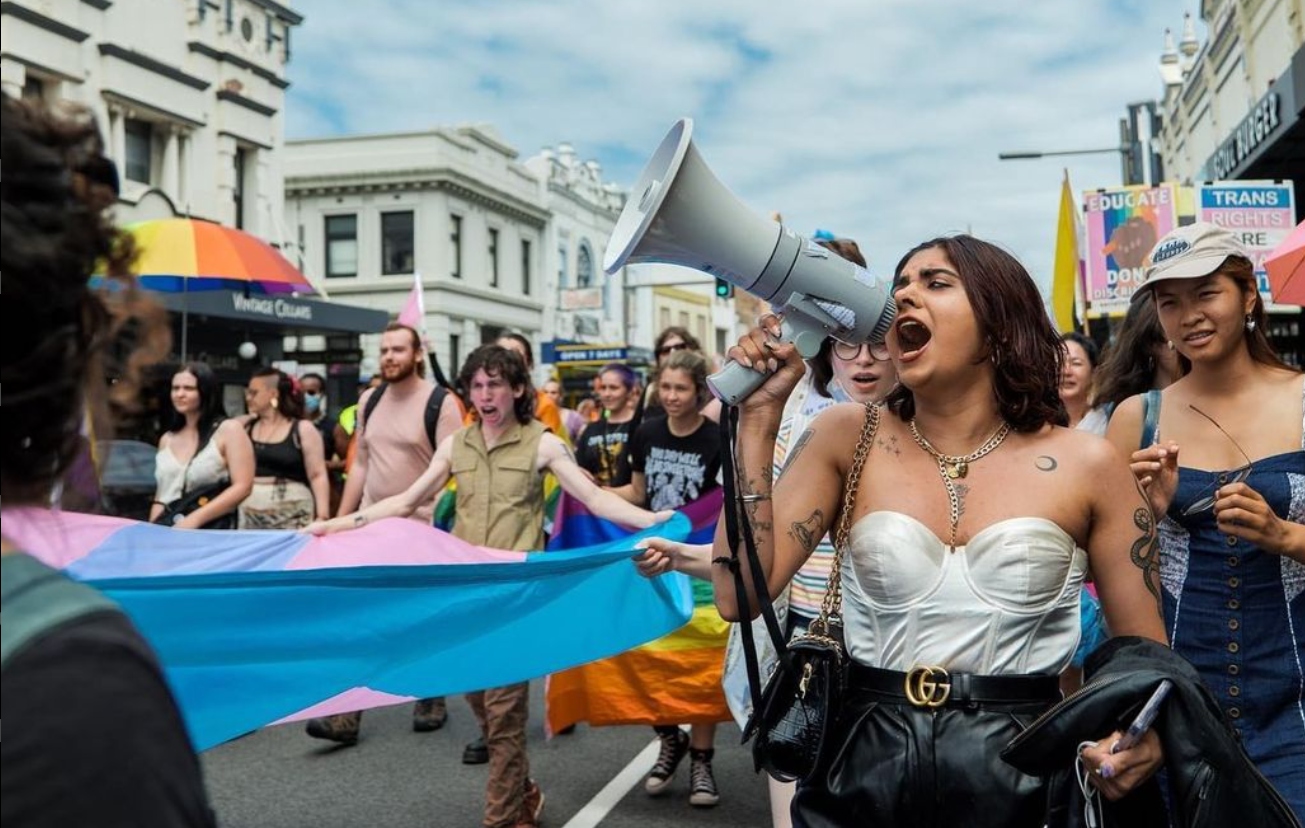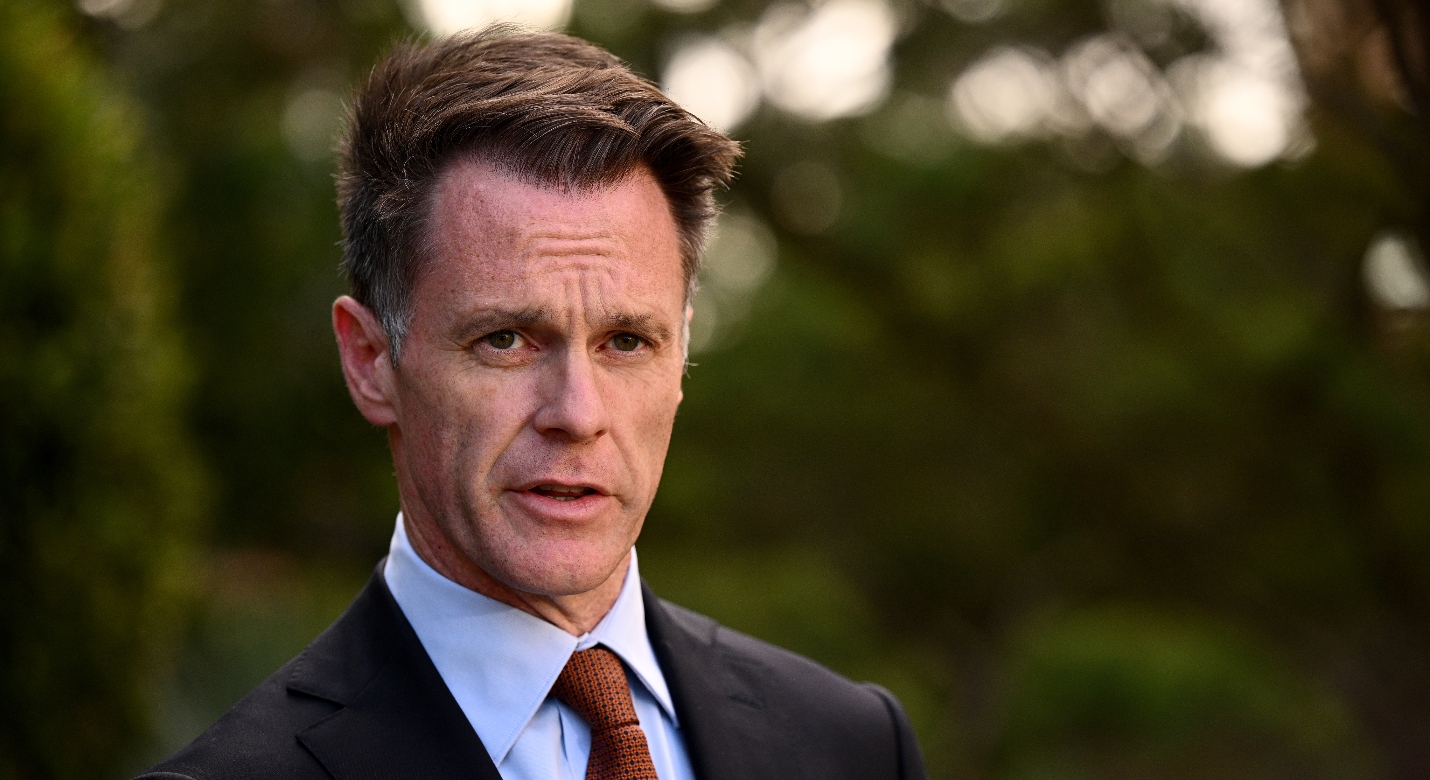
While Lord Mayor Clover Moore has been representing Australia’s mayors at an International Mayors Summit in Copenhagen this week, back at home City of Sydney Councillors are united in their support for the Council’s carbon reduction strategies.
Cr Moore and Melbourne Lord Mayor Robert Doyle have led a delegation to Copenhagen to demand action by national governments on climate change. She said cities are crucial to combating climate change and need to be engaged by national leaders to achieve targets set in Copenhagen.
“Cities make up two percent of the earth’s surface but they now account for 80 percent of emissions,” said Cr Moore. “If measures like those developed in Sustainable Sydney 2030 were implemented in all of Australia’s major cities, we would achieve 40 percent of the current national emissions reduction target.”
City of Sydney Liberal Councillor Shayne Mallard said he was “absolutely” behind the Council’s vision. “The point is that we need to be doing things to reduce our carbon emissions and not just by writing out cheques to worthy causes,” he said.
Greens councillor Chris Harris said the most significant part of the Council’s plan was the introduction of tri-generation for electricity generation in the City. “More than any other thing we are doing it will enable us to reduce our emissions directly,” he said.
Tri-generation generates electricity using natural gas then uses the waste energy left over to provide heating or to run air-conditioning. The Council’s website claims tri-generation can achieve efficiencies of 85 percent, compared to 31 percent for coal fired power.
In addition, the Council is spending $76 million rolling out a network of cycle-lanes in the city to make cycling a viable transport choice and is committed to diverting 70 percent of the city’s waste away from landfill by 2014.
Labor Councillor Meredith Burgmann also supports the strategies, but said that she had some concerns about the way cycleways are being rolled out. “I think there needs to be a lot more discussion,” she said. “Residents in Glebe are now suddenly discovering that car-parks are disappearing because of the cycleways.
“We’ve got to be very aware that we might be doing the right thing, but when you take away residents amenities you have to really talk it through with them.”
A 2008 report commissioned by the Sydney Coastal Councils Group looked at the vulnerability of Sydney’s coastal councils to climate change. It measured not only the potential impact of climate change, but also the capacity of councils to adapt in order to reduce the impact.
City of Sydney was found to have a high degree of vulnerability to climate change. The main dangers were found to be coastal hazards, such as sea level change and storm surge, extreme rainfall and urban stormwater runoff.
by Aaron Cook









